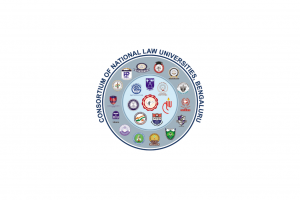The Consortium of National Law Universities held a meeting on November 21st, 2019 and have made significant changes to the pattern of the CLAT exam. Here are the main highlights of their press release for the undergraduate CLAT exam:
- The date of CLAT 2020 has been set as May 10th.
- The length of the CLAT UG paper will be 2 hours and the exam will be conducted offline.
- The number of questions will be reduced from 200 to 120-150. This has been done to reduce the mental stress on the students.
- From 2020, CLAT UG paper will test students via ‘comprehension based questions’ on Quantitative Techniques, English, Current Affairs, Deductive Reasoning and Logical Reasoning
- As per Prof Faizan Mustafa, who is quoted in the press release, the focus is on getting better students who have competence in reading texts and those who demonstrate skills in inferential reasoning.
For CLAT PG
- There will be ‘comprehension type questions’ and descriptive question pattern will remain the same as last year
- Executive Council of 2020 will decide whether there will be cut off marks for LLM paper.
Other decisions
The Consortium of National Law Universities also held discussions on undertaking Faculty Development Programmes and launching scholarships and fee concessions for students of NLUs. Upgradation of libraries, IT facilities and infrastructure were also discussed.
Change in office bearer positions
There were also changes in the position of office bearers. Prof Faizan Mustafa stepped down as President and Prof V. Vijayakumar of NLIU, Bhopal was elected in his place. Prof Paramjit S Jaswal, Vice-Chancellor of RGNUL, Punjab was elected as the Vice-President. Prof. Balraj Chouhan, Vice-Chancellor, Dharmashastra National Law University, Jabalpur was elected as CLAT–2020 Convenor and Prof Srikrishna Deva Rao, Vice-Chancellor of NLU Odisha, was elected as a Member of the Executive Council for CLAT, 2020. Prof V Kesava Rao, Vice-Chancellor of NUSRL, Ranchi, would be attending the meetings of the Executive Council as Special Invitee for the purposes of the conduct of CLAT 2020.

